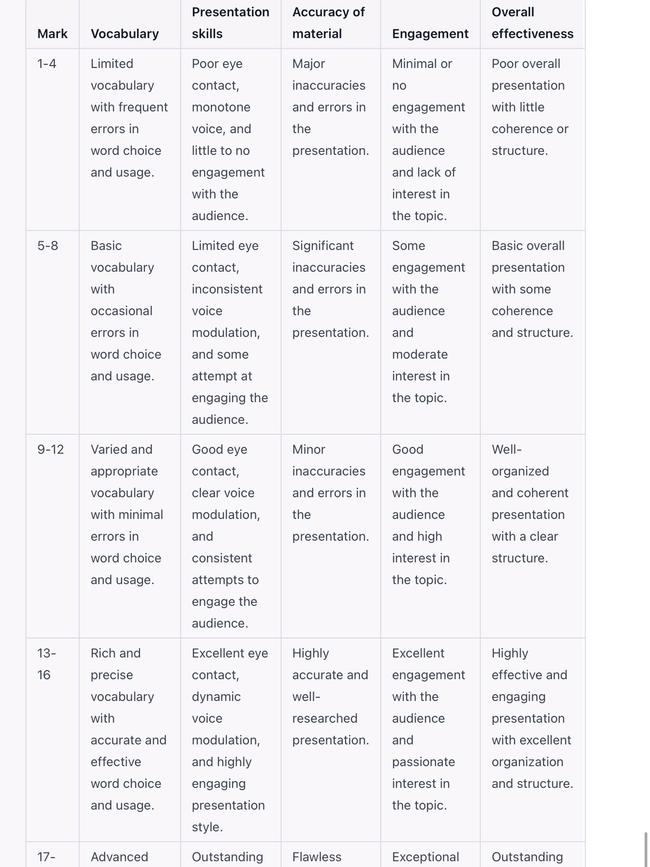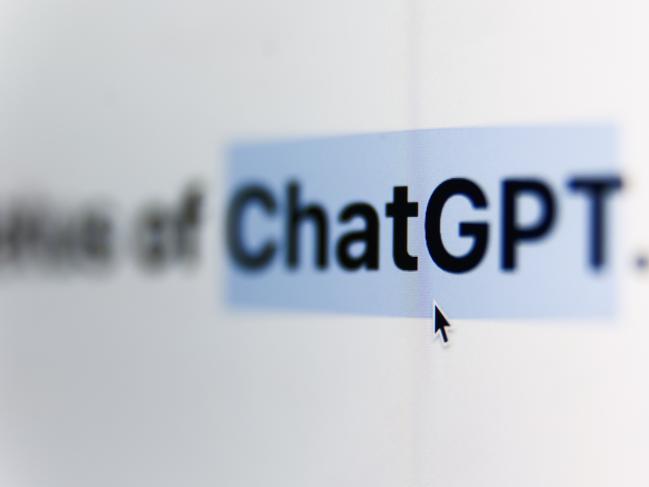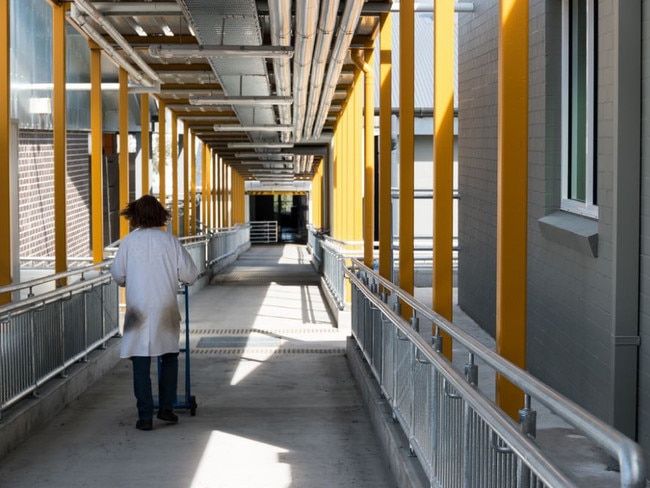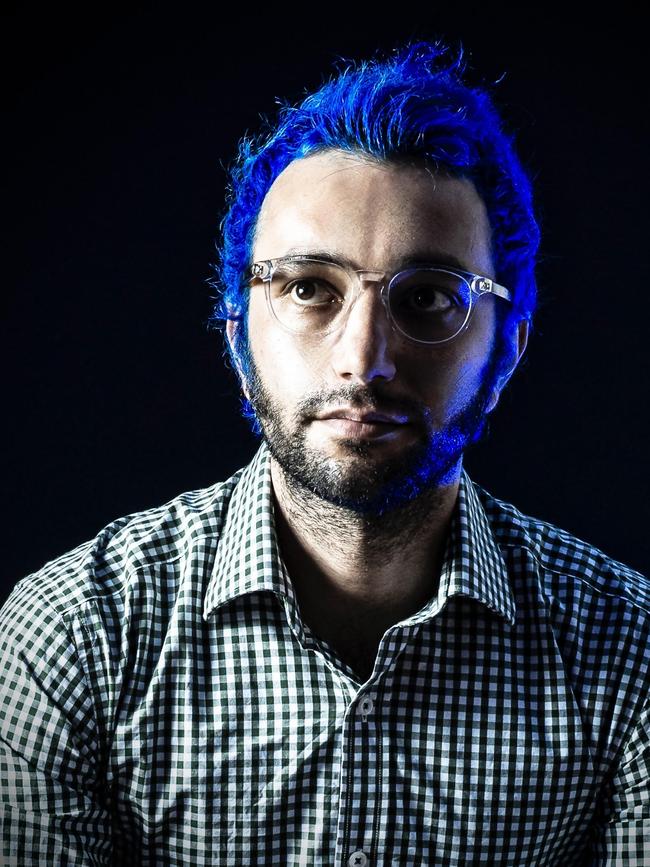NSW school teachers using ChatGPT to plan lessons, write student reports
Official advice about the use of AI for NSW schoolteachers is on the way but plenty are already experimenting with ChatGPT to design lessons, create teaching materials and write student reports.
Education
Don't miss out on the headlines from Education. Followed categories will be added to My News.
The NSW Department of Education will soon roll out official advice about the use of ChatGPT but plenty of its teachers are already experimenting with AI to design lessons, create teaching materials and write student reports. This is despite the technology being banned for their students.
In Term 2 the Department will issue guidance for teachers on teaching and learning and effective assessment practices in the era of artificial intelligence, after restricting access to sites such as ChatGPT on student devices in Term 1.
However teachers from across NSW are already taking to social media to share how the bot has taken hours off their heavy workloads and administrative burden.
A principal from the state’s far west revealed how easily he could create an assessment marking rubric using AI, mark student work and provide feedback, prepare lessons and even write a student progress report for parents.
“The potential as a time saver for teachers is ridiculous,” he wrote.
8. Report writing pic.twitter.com/x9HIdCYVnY
— Paul Laing (@Mr_Laing) April 1, 2023
A Coffs Harbour English teacher said after discussing the topic with 60 colleagues, half said they were already using ChatGPT.
A northern beaches curriculum advisor took the technology one step further, producing a free “prompt guide” aligned to NSW teaching standards and recommending all teachers “keep (ChatGPT) within reach”.

“Go to it first. For anything,” he said.
A spokesperson for the Department of Education confirmed teachers are well within their rights to use the bot.
“As with all online information, teachers use professional judgment and reference to credible sources when considering materials that are appropriate. This applies to the use of any AI tools,” they said.
Association of Independent Schools NSW chief executive officer Margery Evans said AI was becoming just as popular with private school teachers.
“As a sector, we embrace technology and its possibilities because our role is to prepare students for a changing world,” she said.
🙋â€â™‚ï¸Teachers, haven’t had time to use ChatGPT? The best way to embed it into your workflow is to simply keep it open as a tab and go to it first. For anything.
— Andrew Herft (@HerftEducator) March 7, 2023
You won’t know until you try. Keep it within reach! Here’s that quick guide at https://t.co/sNgDQ6zSG8 if you need it 👌
University of NSW lecturer Dr Emma Jane said the Education Department needs to rethink the restrictions for students.
Banning such technology is “no longer an option”, she said, and would only hold children and educators back.
Dr Jane uses AI in her teaching, generating video avatars and examples of robo-journalism.
“Teaching resources can be very time-consuming to generate. It takes me a good half-day to come up with the questions for a really good quiz. For those types of things I’m certainly going to be … getting a helping hand from AI,” she said.
But parents shouldn’t panic, Dr Jane said – “lazy” applications of the technology are likely to be relegated only to “a few bad apples”.
“The role of a live teacher, interacting with students in real time, a machine won’t ever replace,” she said.
“Yes, AI could be abused if you’re lazy and unethical and not conscientious. But I don’t think it’s something that we need to worry about as a massive problem that’s about to hit education.”
Northern Sydney District Council of P&C Associations president David Hope said even though some parents “will be really annoyed” by it, teachers have been standardising student reports long before the creation of AI.
“It’s a really tedious task, and you have to wonder how much value those reports really have.”
CHATGPT INFILTRATES NSW UNI’S EXAMS
Artificial intelligence writing software ChatGPT has infiltrated local university exams, with a loophole allowing students to achieve top tier marks without having to hit the books.
A current student at the University of New England has revealed just how “super easily” she was able to use ChatGPT to shave down her study time and not only pass quizzes and open book exams, but earn distinction-level marks as high at 90 per cent.
Curious about the bot’s capabilities, the student was surprised to discover how accurately it was able to predict her exam questions and give her the correct answers.
“I asked it ‘what kind of questions will they ask me in a second year exam’. It came up with 10 suggestions,” she explained.
“Then I printed all of those questions and answers out, and had it for my exam. Most of the questions were in there.”

Using the software felt “cheeky”, but not like cheating, she said. UNE had no policy on AI that she knew of.
“They said I could use any website that I want, so I used ChatGPT,” she said.
“It’s like my very own personal tutor.
“There are ethical dilemmas in it, but I do think if you’re not getting amongst ChatGPT, you’re falling behind.”
A UNE spokesperson confirmed using AI tools could fall within the scope of “academic misconduct”, and said the university is “actively monitoring” the issue.
“Under UNE’s … policies, academic misconduct includes ‘presenting under the student’s own name, work substantially written by someone else’. This includes the use of AI tools such as ChatGPT, and relevant penalties under the policies may apply,” they said.

“Unit Co-ordinators have been encouraged to communicate with students in their units regarding … the appropriate use of generative AI tools.”
Dr Armin Alimardani, an expert on emerging technologies with the University of Wollongong, said it’s a real concern that students could be generating their exam responses without properly learning the course material.

“I’m worried that generation by generation, students become dumber and dumber, because they need to do less thinking – they get the answer too easily,” he said.
“How can we even ask the students not to use this technology? It’s right beneath their fingers.”
Some universities, including UNE, will be relying on Turnitin’s new AI detection software to identify bot work in student submissions. The company claims its software has an accuracy rate of 98 per cent.
Author and AI researcher Dr Stefan Popenici said the Australian higher education sector has been woefully unprepared for artificial intelligence, instead choosing to ignore decades of warnings. Now “the cat is out of the bag”, and the legitimacy of universities is being questioned.
“Universities were completely uninterested in this until now, until it hit them,” he said.
“They’re in a very bad position, with no solutions and no ideas.
“It’s changing dramatically the … way universities have to do assessment to maintain legitimacy, because why would I trust a university that is giving me graduates that are basically able to do what ChatGPT already does in 30 seconds?”





